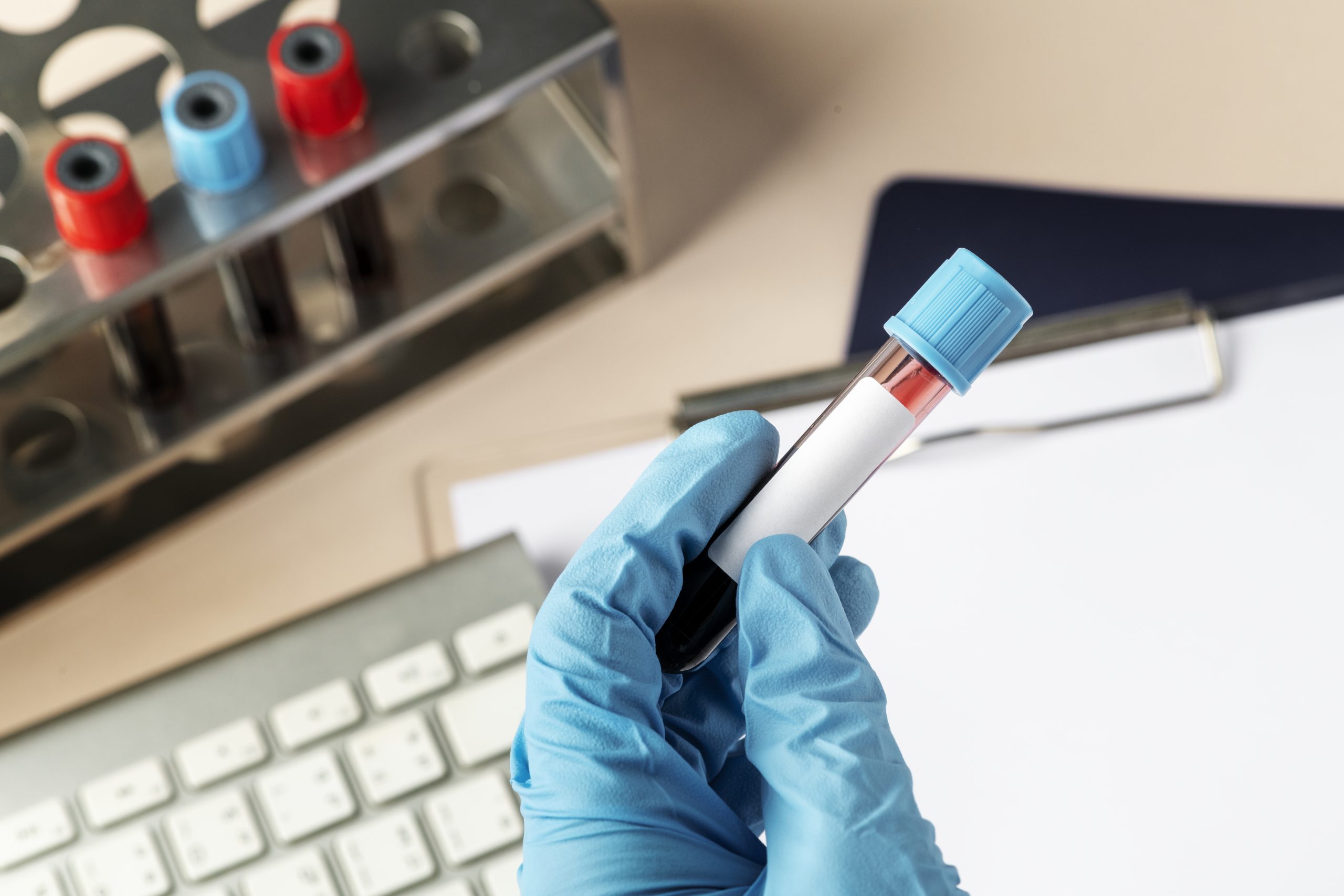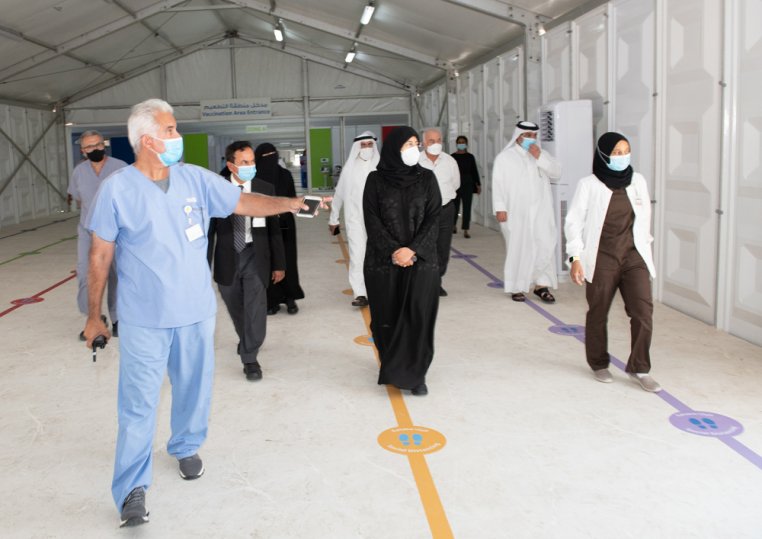When your car needs a major repair, you have no problem getting a second opinion. Ditto if you’re facing a substantial home project. But what about your health?
According to a 2013 Harris Interactive survey, although 70 percent of respondents said they would pursue a second opinion for a home repair, only 19 percent said they’ve sought a second opinion for a medical condition and 17 percent for a medical procedure. Yet your health is far more important than your car or home, which is why it’s time to get savvy about second opinions.
Why a Second Opinion Matters
The reasons to have another medical expert weigh in on your condition vary, but the most important might be the additional information you gain. “With more knowledge, you become a better patient,” says Leonard Zwelling, M.D., M.B.A., former vice president of MD Anderson Cancer Center and health policy fellow on the staff of the U.S. Senate Committee on Health, Education, Labor and Pensions. “You feel a greater sense of control and empowerment, and your confidence goes up, especially if the opinions match.”
Second opinions are so important, in fact, that many large medical groups, cancer centers in particular, will automatically generate a second opinion for certain diagnoses. “We do this so that we can all keep the same threshold for making a diagnosis,” says Sandra Cottingham, M.D., Ph.D., pathologist and chair of hospital board safety and quality committee at Spectrum Health in Grand Rapids, Michigan.
That second opinion also offers a type of checks-and-balances system for physicians. “For cases that are unusual or don’t fit into standard categories, it’s good to show a colleague just for a fresh set of eyes,” Cottingham says, adding that the second physician may think of a question that hadn’t occurred to the first physician. And that second physician’s question may turn out to be a lifesaver. For instance, in early 2015 actress Rita Wilson, who originally received a negative cancer test, sought a second opinion, which turned out to be a positive breast cancer diagnosis. Sometimes patients can recognize changes in their health that a doctor might not pick up on, so if your gut is telling you something is wrong, see another experienced medical practitioner.
Of course, not every medical diagnosis needs to be questioned. So how do you know? Two main situations should prompt you to seek additional input, Zwelling says. The first is a diagnosis of a fairly serious nature. “This is any chronic condition or disease in which management of that health issue relies on the diagnosis,” he says. The second is when treatment or therapy for a health condition stops working.
How to Seek Another Physician’s Input
While it sounds easy in theory, getting a second opinion can be daunting for many people. The biggest obstacle? “People are often concerned about making their physician angry,” says Zwelling, adding, though, that a good physician wants you to feel comfortable with your diagnosis — or lack thereof — and treatment and would thus welcome it.
To start, talk with your current physician about your intentions. “Some may even get a second opinion for you or recommend another physician or practice where you can go,” Zwelling says. And, of course, if your physician is working in a group like Cottingham’s, that second opinion may have already been done, so ask.
If, however, your physician puts up resistance or doesn’t want to help, you’ll have to go out on your own. Fortunately, you can easily research other medical experts online, and while reputation is a good starting point, remember this: “Not everybody who has a great reputation does everything well,” Cottingham says. You should also ask how many times this group or physician has diagnosed or treated people with your condition. Look, too, at your personal situation and consider the parameters. For instance, if you’re seeking a second opinion at a place you’ll have to travel to, will travel make treatment difficult?
Also be aware that the two opinions you get may not match, Zwelling says. If that happens, be prepared to seek a third opinion. All of this, of course, might sound like a lot of work, but in the end, it’s your health on the line.
By Karen Asp






Leave A Comment
You must be logged in to post a comment.